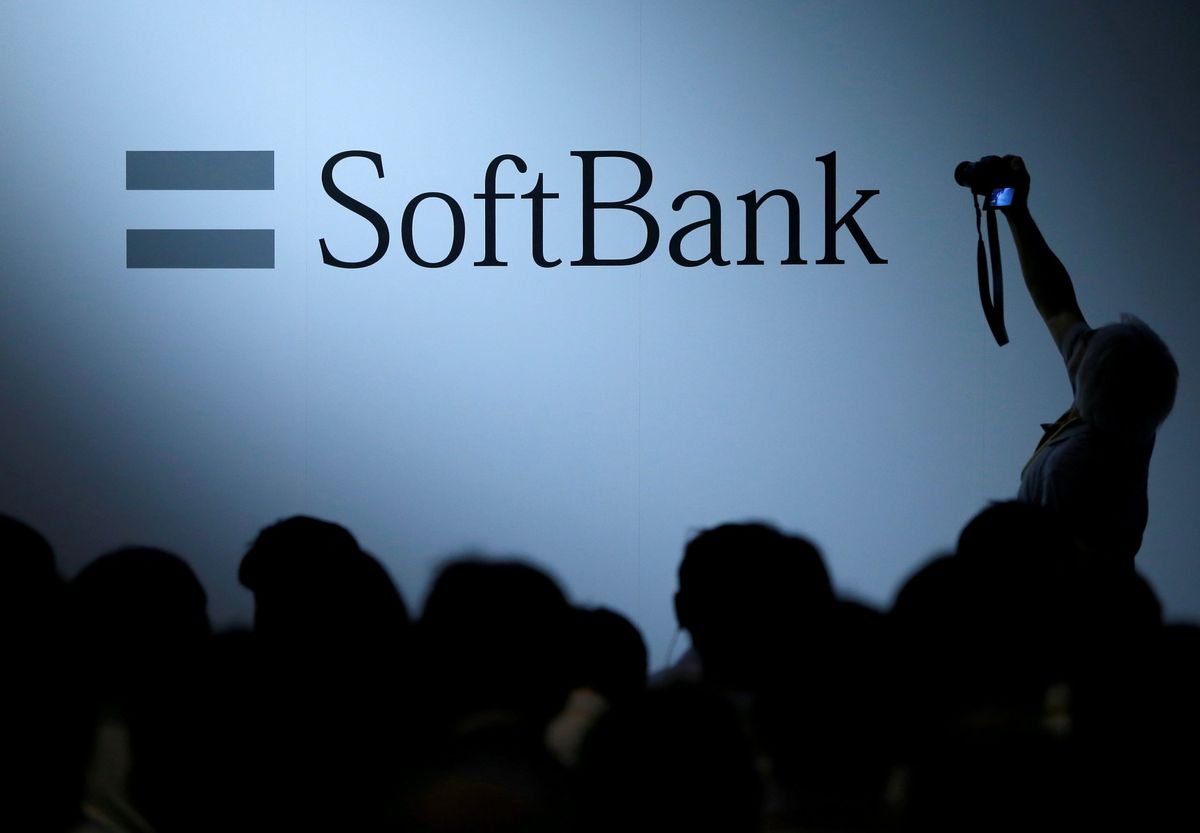SoftBank CEO wants his company to go private. Insiders aren’t so sure

A few minutes every morning is all you need.
Stay up to date on the world's Headlines and Human Stories. It's fun, it's factual, it's fluff-free.
Son is reportedly looking to continue selling assets in order to fund a buyback of shares held in the company, until SoftBank can make the return to being privately-held.
Japanese investment giant Softbank Group Corp. could be taking a radical turn and going private.
At least, according to the alleged plans of founder and chief executive officer Masayoshi Son.
Son is reportedly looking to continue selling assets in order to fund a buyback of shares held in the company, until SoftBank can make the return to being privately-held.
Since its US$23.5 billion initial public offering (IPO) in 2018, Japan’s largest-ever, SoftBank has faced a number of difficulties.
Companies that SoftBank had invested in via its first “Vision Fund,” such as Uber Technologies, Inc. and WeWork, reported big losses and well-known IPO failures. As a result, fundraising for “Vision Fund 2” faced skepticism from former investors.
More recently, as a result of the coronavirus pandemic, which caused significant uncertainty for SoftBank’s “Vision Fund” investments and Son’s reported “300-year plan” for the future of SoftBank and humanity, SoftBank’s shares stumbled significantly, to record lows for the company.
As a result, rumors have circulated for months about Son’s plan to return to privately-held ownership by buying out existing investors in the company.
But not all of SoftBank is on board with Son’s plans, with many SoftBank insiders believing going private once more is a bad idea with few rewards.
Return to private
The most recent preliminary talks held within SoftBank about a return to private ownership took place in March 2020, when, as a result of failing investments and the coronavirus pandemic, SoftBank’s shares dropped 50% that month alone. The share drop erased some US$50 billion in market value from SoftBank.
Talks were held with numerous groups, including Abu Dhabi sovereign wealth fund Mubadala Investment Co., about a possible buyout of SoftBank stockholders. But, due to the complexity of the deal and the unfavorable terms offered by banks, SoftBank instead pursued a path of asset sales.
SoftBank planned a sale of roughly US$14 billion worth of its shares in Chinese tech giant Alibaba Group Holding Limited, a US$21 billion sale of SoftBank’s holdings in T-Mobile and the sale of British chipmaker Arm Holdings to US tech company Nvidia Corporation for around US$40 billion.
Since then, rumors have circulated back and forth about whether SoftBank’s enigmatic founder Masayoshi Son will go ahead with the plan.
But in the meantime, SoftBank has pushed ahead with buying out existing investors in the company. To date, the company has repurchased some 1.35 trillion Japanese yen worth of shares in 2020, about US$13 billion, with a further 1.5 trillion yen of repurchases planned for 2021.
A publicly-held company may go private for several reasons. Most prominent among these are the lessened attention that needs to be paid to regulatory requirements and the fact that less scrutiny is put on the company’s quarterly earnings – of which SoftBank’s have been mixed.
Rumors alone that Son is pushing ahead with plans to take the company private have been beneficial. In December, following reports suggesting that this was the direction SoftBank was taking, the company’s shares rose some 7%, capping a strong recovery from the record lows experienced in March.
A buyout could stem from other reasons. According to Kirk Boodry, analyst at Redex Research in Tokyo, “it could be that SoftBank sees a market crash coming.” As a private, not public, company, SoftBank would in that scenario “be well positioned to take advantage of it,” especially with cash in hand as a result of asset sell-offs.
But not all at SoftBank are on board with Son’s plan.
Incredibly expensive and complex
Many company insiders see the plan to go private as a bad idea, one that will involve precious time, money and will be considerably complex and with big implications for the company’s future.
Insiders argue that the buyout plan would be incredibly expensive, with the company likely being charged a premium. Some have suggested that even a buyout at the lower-end of the spectrum, not counting for shares controlled by Son and SoftBank, would reach some US$100 billion in costs.
This means “the capital they would need to buy out minority investors is massive,” according to Boodry. But SoftBank is one of Japan’s most indebted companies and this may make persuading banks to fund a buyout a tall order, even for Son.
In November, the SoftBank CEO had to defend his most recent US$20 billion investments in tech stocks, remaining committed to the view that a global digital revolution and the advent of artificial intelligence is at hand.
Regardless of what path is taken, private or public, it remains clear that Son is committed to his vision of a future upended by the advent of emerging technology.
The decision to go private may yet prove to be another twist in the billionaire’s “300-year plan” for SoftBank’s, and the world’s, future.
Have a tip or story? Get in touch with our reporters at tips@themilsource.com




Comments ()